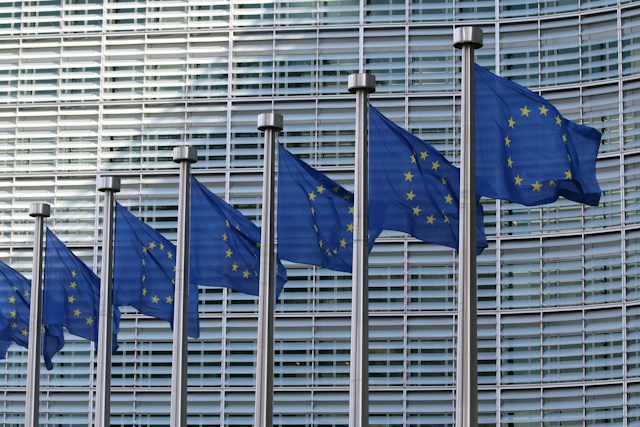 POLICY
POLICY
 POLICY
POLICY
 POLICY
POLICY
The social media companies Meta Platforms Inc. and ByteDance Ltd.-owned TikTok separately announced today that they will challenge in court the European Union’s demand for fees under its stringent content moderation law.
Enforcing the Digital Services Act, or DSA, a law that aims to rein in what the EU considers the “Wild West” of the internet by tackling issues related to illegal content, digital advertising, and the spread of disinformation, will not come cheap. The Union’s solution is simple: Lay down a levy on the leviathans of the internet.
The EU’s fee is capped at 0.05% of a company’s annual profits, which will reportedly set Meta back in the region of €11 million ($11.8 million), while TikTok will have to come up with about €3.9 million ($4.2 million).
Both companies don’t think this is fair, given loss-making firms won’t have to pay anything at all. The enforcement of the law will be funded by 20 companies known as very large online platforms, or VLOPs. To meet the criteria of a VLOP, a company must have at least 45 million active monthly users inside the EU. Both companies easily qualify, but they both feel the methods used to extract the fees are flawed.
“We disagree with the fee and are appealing on a number of grounds, including the use of flawed third-party estimates of our monthly active user numbers as a basis for calculating the total amount,” TikTok said today in a statement to media.
Both companies have said that it doesn’t make sense that companies with large audiences that don’t create a whole lot of revenue: X Corp., Amazon.com Inc. and Snapchat Inc., should get away with not chipping in to the enforcement fees. This is despite some of those companies transgressing in Europe, leading to DSA investigations, which puts pressure on the DSA and costs money.
“Currently, companies that record a loss don’t have to pay, even if they have a large user base or represent a greater regulatory burden, which means some companies pay nothing, leaving others to pay a disproportionate amount of the total,” Meta explained in a statement.
European Commission spokesperson Johannes Bahrke told media today that the companies have every right to appeal. He added that the EU’s “decision and methodology are solid,” and it will defend this position in court.
Support our mission to keep content open and free by engaging with theCUBE community. Join theCUBE’s Alumni Trust Network, where technology leaders connect, share intelligence and create opportunities.
Founded by tech visionaries John Furrier and Dave Vellante, SiliconANGLE Media has built a dynamic ecosystem of industry-leading digital media brands that reach 15+ million elite tech professionals. Our new proprietary theCUBE AI Video Cloud is breaking ground in audience interaction, leveraging theCUBEai.com neural network to help technology companies make data-driven decisions and stay at the forefront of industry conversations.